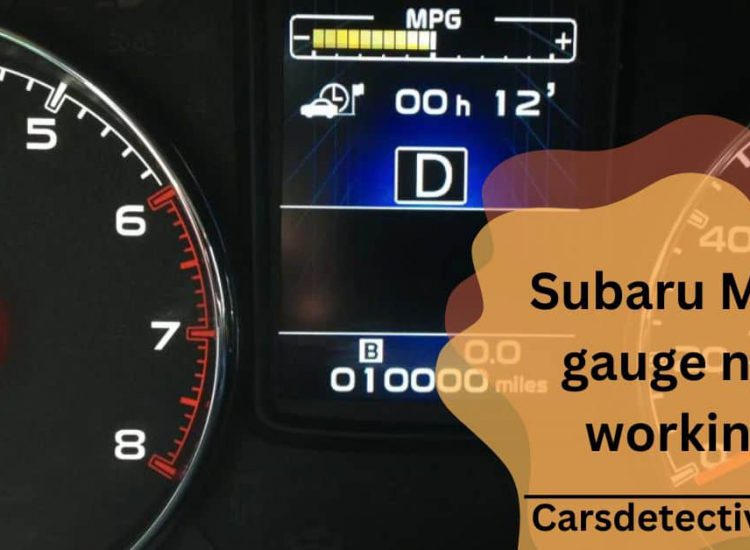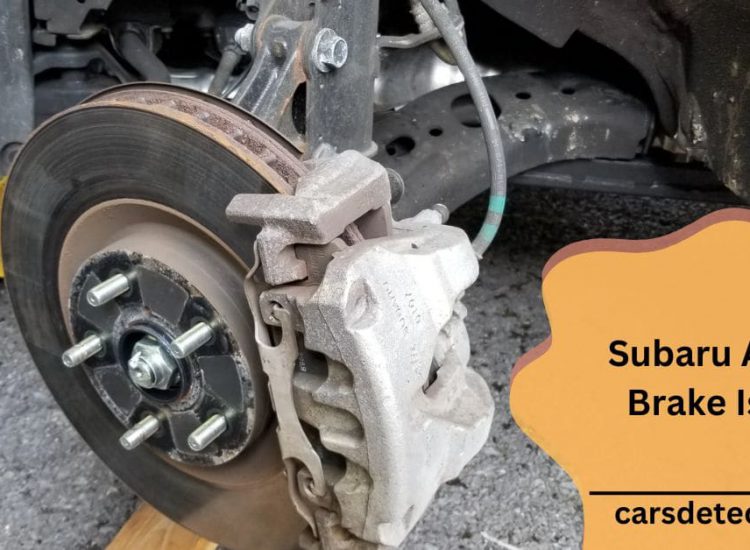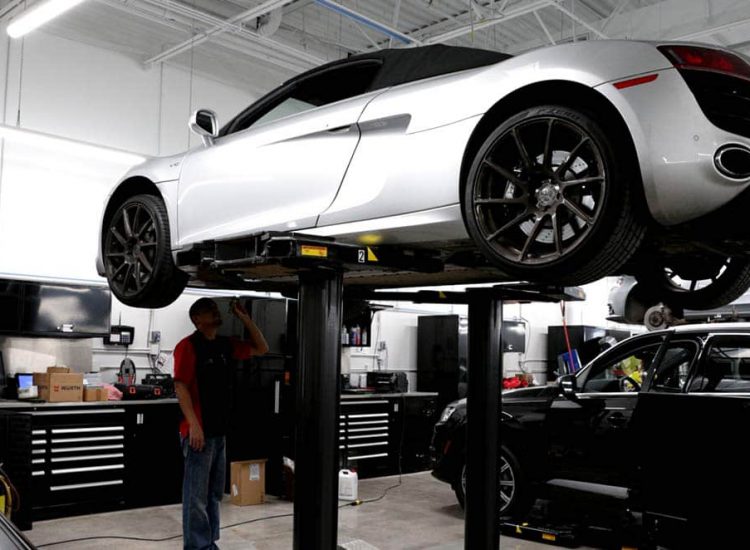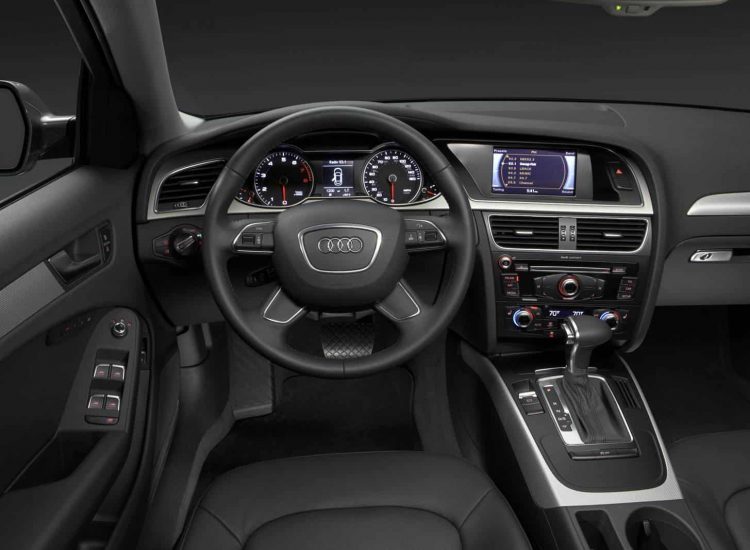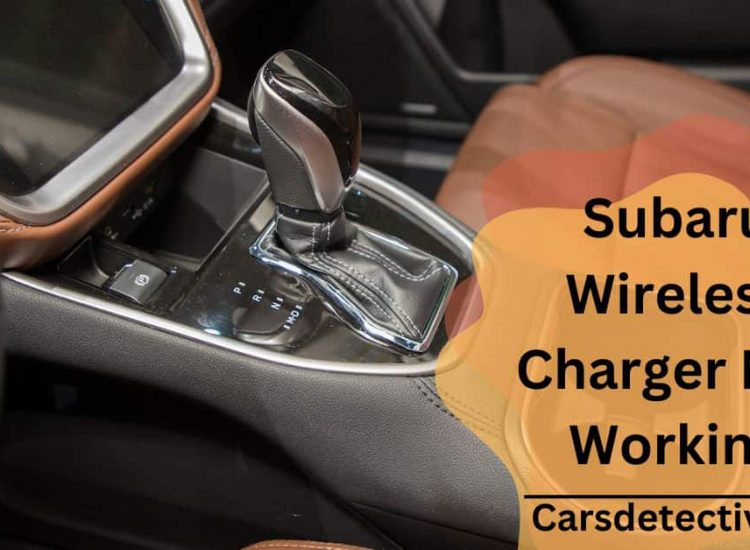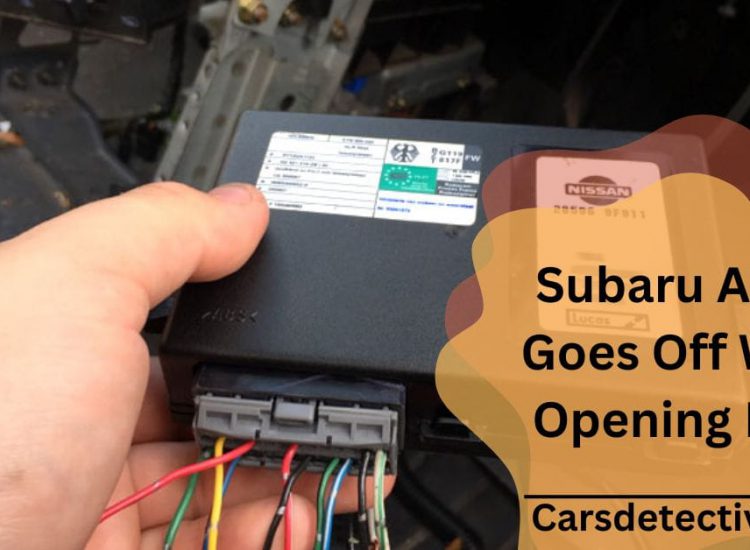Subaru electrical issues range from battery problems to sensor malfunctions, causing starting trouble or dashboard warnings. Address promptly for safety.
Toc
- 1. Table of Contents:
- 2. Is there an electrical problem with Subaru?
- 3. What Kinds of Electrical Problems Do Subarus Often Face?
- 4. Important Causes of Subaru Electrical Issues – Understanding and Addressing Them!
- 5. What is the electrical system recall for Subaru?
- 6. Which years did Subaru experience issues?
- 7. Can I operate my vehicle if there is an electrical issue?
- 8. What is the price of diagnosing an electrical issue in a car?
- 9. Why did the electricity in my Subaru just go out?
- 10. Does a faulty key fob result in electrical issues?
- 11. Frequently Asked Questions:
- 12. Conclusion:
It’s important to promptly diagnose and address these issues to ensure the safe and reliable operation of the vehicle. Routine maintenance and regular inspections play a crucial role in averting potential electrical issues.
Embark on an informative journey with Carsdetective to explore more about Subaru.
Table of Contents:
Is there an electrical problem with Subaru?
Subaru vehicles, like any other brand, can experience electrical issues. These problems might manifest as battery issues, faulty wiring, sensor malfunctions, or problems with components like the alternator or ignition switch.

Symptoms could include difficulty starting the vehicle, dashboard warning lights, dimming lights, or erratic behavior in electrical systems. It’s essential to address these issues promptly to prevent further damage and ensure the safe and reliable operation of the vehicle.
Regular maintenance and inspections can help detect and prevent electrical problems in Subaru vehicles.
What Kinds of Electrical Problems Do Subarus Often Face?
Subaru vehicles enjoy a strong reputation for reliability, but like any car, they’re prone to electrical problems. Prompt attention to these issues is crucial to prevent future expenses.

Electrical System Troubles:
The intricate electrical system of your Subaru requires regular maintenance to ensure smooth operation and safety on the road. Trust a qualified mechanic or dealership for routine check-ups.
Starter and Battery Concerns:
Often, the starter and battery are the first components to fail. Using a multimeter, test the battery’s voltage and the starter’s cranking ability to identify potential issues early.
Engine Management Relay:
This small but vital component controls essential functions like ignition and fuel injection. Located on the firewall, it’s crucial for the engine’s performance. Testing and replacing it correctly are essential.
Body Control Module (BCM):
The BCM serves as the vehicle’s main computer, managing critical functions. It’s typically situated beneath the dashboard and requires specialized diagnostics and replacement procedures.
ABS System:
To brake safely, you need the anti-lock braking system (ABS). Pay attention to ABS warning lights, as they indicate potential issues with the system’s functionality, requiring prompt attention to ensure safe driving.
Regular maintenance and prompt attention to electrical issues can help keep your Subaru running smoothly and safely on the road. Trust experienced professionals for diagnosis and repairs to avoid costly problems down the line.
Read Also: What Does ER 55 Mean On A Subaru? – Don’t Take Risks!
Important Causes of Subaru Electrical Issues – Understanding and Addressing Them!
Battery Problems:
A common culprit in electrical issues, a faulty battery can lead to starting troubles and dim headlights. Such problems must be avoided with routine inspections and maintenance.

Faulty Alternator:
Responsible for charging the battery while the engine is running, a failing alternator can cause dimming lights or a dead battery. Prompt replacement is necessary if signs of failure appear.
Wiring Problems:
Degraded wiring harnesses due to heat, corrosion, or damage can lead to short circuits or blown fuses. Thorough inspection and timely repairs are essential to prevent electrical malfunctions.
Blown Fuses:
Sudden surges of electricity or short circuits can cause fuses to blow, interrupting power to specific components like lights or windows. Identifying the cause and replacing blown fuses can resolve the issue.
Read Also: Subaru Super Coolant – Everything you need to know!
Ignition Switch Failure:
Malfunctioning ignition switches can cause starting difficulties or complete electrical system failure. Professional diagnosis and repair are necessary for ignition switch problems.
Faulty Sensors:
Failed sensors can disrupt the proper functioning of the electrical system, leading to issues like rough idling or engine stalling. Addressing and replacing defective sensors can effectively solve these issues.
Overloaded Electrical System:
Adding aftermarket accessories or modifications that draw excessive power can overload circuits, leading to blown fuses or damage to electrical components.
Water Damage:
Exposure to moisture or water can cause corrosion, short circuits, or damage to electrical connections. Prompt drying and repairs are essential if water damage is suspected.
Read Also: Subaru ATF-HP Alternative – Research alternative automatic transmission fluids!
What is the electrical system recall for Subaru?
The electrical system recall for Subaru involves a potential issue where the engine may inadvertently start and run for up to fifteen minutes. This could lead to repeated starting and stopping until the fob battery is depleted or until the vehicle runs out of fuel.

The recall affects 47,419 vehicles and is aimed at addressing this safety concern. Owners are advised to contact their nearest Subaru dealership for further instructions and to have the issue rectified.
Read Also: Subaru Beeps 5 Times When Locking – Everything you need to know!
Which years did Subaru experience issues?
Subaru faced notable issues in various model years, including:

2011-2013:
During this period, Subaru encountered problems with defective piston rings in certain models, resulting in oil leakage or excessive burning. This issue led to engine failures and necessitated recalls.
2014:
This year, Subaru faced a lawsuit following reports of owners needing to buy large quantities of oil due to defects in certain models.
Recent Years:
While Subaru has maintained a generally positive reputation for reliability, some owners have reported issues with oil consumption, head gasket failures, and electrical problems in newer models, although these instances appear less widespread compared to earlier years.
Read Also: Subaru vs Toyota – Everything you need to know!
Can I operate my vehicle if there is an electrical issue?
Driving your car with an electrical problem can be risky and is generally not advisable. Electrical issues can affect critical systems in your vehicle, including the ignition, lights, brakes, and more.

Ignoring or neglecting electrical problems may lead to safety hazards, such as loss of control, sudden stalling, or malfunctioning brakes or lights, putting you and other road users at risk. Unresolved electrical issues may worsen over time, potentially causing further damage to your vehicle and resulting in costly repairs.
It’s essential to address any electrical problems promptly by consulting with a qualified mechanic or dealership to diagnose and repair the issue before driving your vehicle again.
Read Also: Subaru Crosstrek vs Outback – Take the first step towards your next adventure!
What is the price of diagnosing an electrical issue in a car?
The cost to diagnose an electrical problem in a car can vary depending on various factors, including the severity of the issue, the make and model of the vehicle, and the location of the repair shop.

On average, you can expect to pay anywhere from $100 to $200 for a professional diagnostic service. This fee typically covers the technician’s time and expertise in identifying the root cause of the electrical problem using specialized diagnostic tools and equipment.
In some cases, the diagnostic fee may be waived or included in the overall repair cost if you choose to have the necessary repairs performed at the same repair facility. It’s critical to discuss this in advance with the service provider.
Why did the electricity in my Subaru just go out?
- Dead Battery: If the battery is old or has not been properly maintained, it may fail suddenly, resulting in a loss of electrical power.
- Faulty Alternator: A malfunctioning alternator is the source of the battery’s charge when the engine is running. If it malfunctions, the battery may not receive adequate charge, leading to a loss of power.
- Faulty Battery Connections: Loose or corroded battery connections can interrupt the flow of electricity, resulting in a loss of power to the vehicle’s electrical systems.
- Blown Fuse: A blown fuse can disrupt the electrical circuit, causing a sudden loss of power to certain components or systems in the car.
- Electrical Short Circuit: A short circuit in the electrical system can cause a sudden loss of power as the circuit is interrupted.
- Faulty Ignition Switch: If the ignition switch fails, it can prevent the flow of electricity to the vehicle’s electrical systems, resulting in a loss of power.
- Faulty Wiring: Damaged or frayed wiring in the electrical system can lead to a loss of power if the wires become disconnected or short-circuited.
Read Also: Subaru Loss Of Power When Accelerating – Join Our Community And Be Part Of The Conversation!
Does a faulty key fob result in electrical issues?
Yes, a faulty key fob can potentially result in electrical issues in your vehicle. When a key fob malfunctions, it may not effectively communicate with the car’s electrical systems. As a result, there can be issues with remote functions such as unlocking doors or starting the engine.

If you suspect that your key fob is causing electrical problems, it’s essential to have it inspected and, if necessary, replaced by a qualified technician to ensure the proper functioning of your vehicle’s electrical system.
Frequently Asked Questions:
What should I do if my Subaru experiences a sudden loss of electrical power?
If your Subaru loses electrical power suddenly, it’s best to pull over to a safe location and have it inspected by a mechanic. Possible causes could include a dead battery, a faulty alternator, or an electrical short circuit.
How often should I have my Subaru’s electrical system inspected?
It’s a good idea to have your Subaru’s electrical system inspected during routine maintenance visits or if you notice any signs of electrical issues. Frequent inspections can aid in averting such issues.
What should I do if I suspect water damage to my Subaru’s electrical system?
You must take immediate action if you believe there is water damage. Dry out the affected areas and inspect for corrosion or damaged connections. Seek professional assistance to repair any water-related electrical issues.
How can I prevent electrical problems in my Subaru?
Regular maintenance, including checking battery connections, inspecting wiring, and keeping the electrical system clean, can help prevent electrical problems.
Conclusion:
In conclusion,
Subaru vehicles, like any other brand, can experience electrical issues that range from battery problems to sensor malfunctions. Prompt diagnosis and repair of these issues are crucial to ensuring safe and reliable operation.
Regular maintenance and inspections play a vital role in preventing and addressing electrical problems in Subaru vehicles.


